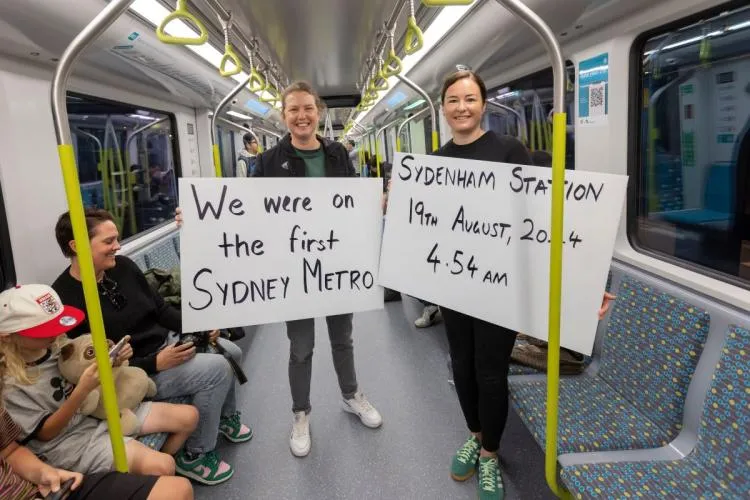Dr. Peter Kurz, mayor of Mannheim, says: “The electrification of buses is now an important milestone on the way to a clean city and will make local public transport significantly more attractive.”
The first eCitaro bus will operate in Heidelberg, travelling from the main train station to the Altstadt commuter rail station. Operating 9am-10pm, the service is expected eventually to cover 4km with 12 stops.
In Mannheim, one electric bus will run from the Käfertal train station to the Franklin district. A second bus will offer riders a journey between the Platz der Freundschaft and theTaylor industrial estate. Both services will be available from 6am-midnight.
Mercedes says the buses feature lithium-ion batteries with a total capacity of 243 kWh. Due to the battery's modular design, six modules are located on the vehicle’s roof while four modules are placed in the rear to take the position of the drive system combination of combustion engine and transmission.
The buses are charged using a Combi-2 plug, located on the right in the direction of travel above the front wheel housing. Mercedes used extended data transmission to develop a function which it claims can control the preconditioning in buses via a charging connector and remove the need for additional cables or lines for compressed air, low voltage or communication.
Mercedes-Benz to trial electric buses in two German cities
Mercedes-Benz has supplied three fully-electric buses to German municipal transport company Rhein-Neckar-Verkehr (RNV) to help improve air quality in the cities of Mannheim and Heidelberg.
Dr. Peter Kurz, mayor of Mannheim, says: “The electrification of buses is now an important milestone on the way to a clean city and will make local public transport significantly more attractive.”
The first eCitaro bus will operate in Heidelberg, travelling from the main train station to the Altstadt commuter rail stati
January 29, 2019
Read time: 2 mins









